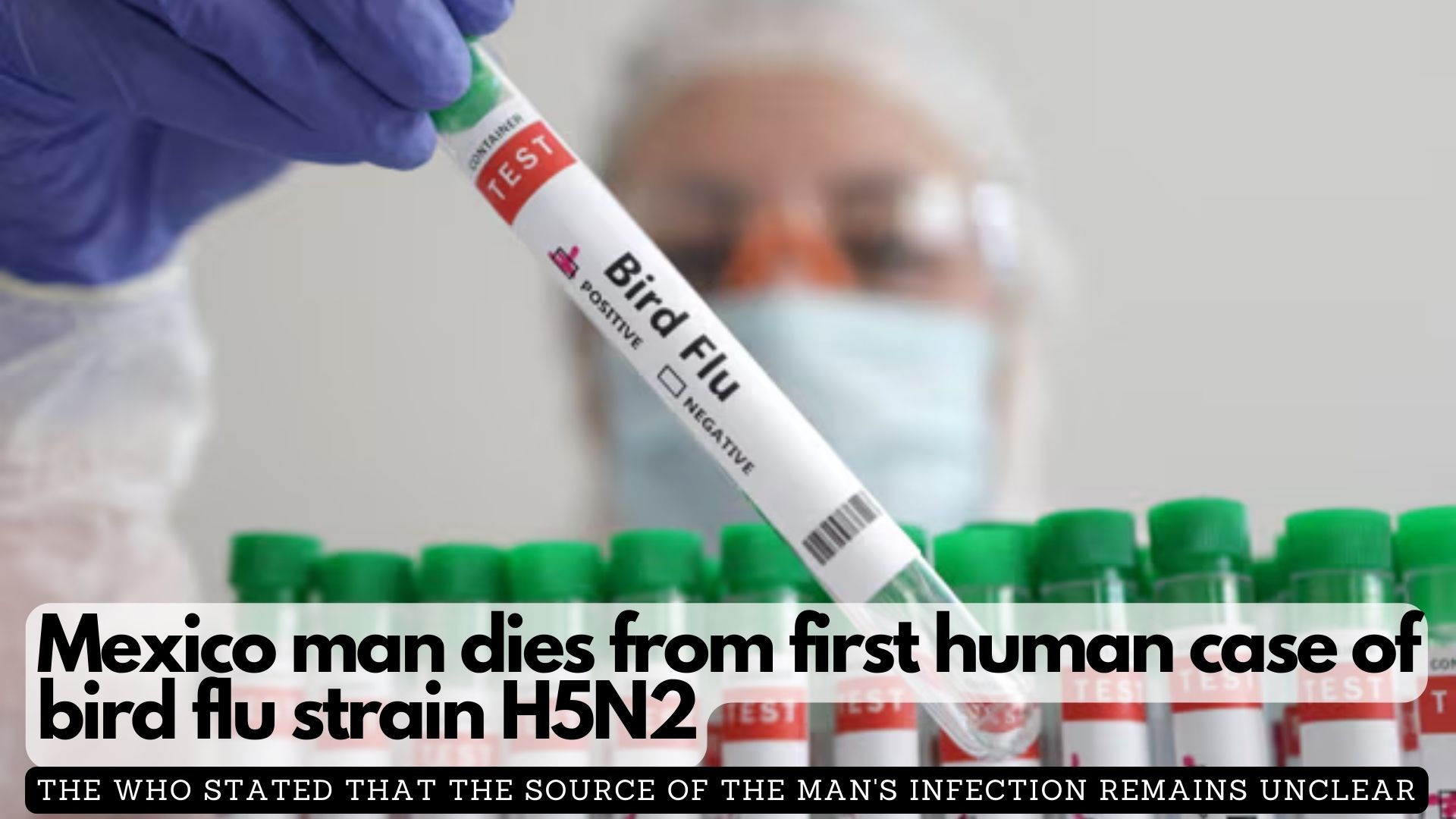A 59-year-old man in Mexico has died from a strain of bird flu known as H5N2, marking the first human case of this virus. The World Health Organization (WHO) reported the man, who was hospitalized in Mexico City, succumbed to the virus on April 24 after experiencing symptoms including fever, shortness of breath, diarrhea, nausea, and general discomfort.
The WHO stated that the source of the man’s infection remains unclear, although H5N2 has been detected in poultry in Mexico. Despite this, the current risk to the general population is considered low. The UN agency emphasized that there is no evidence of person-to-person transmission in this case, and all individuals who had contact with the deceased have tested negative.
In March, an outbreak of H5N2 was reported in a family unit in Michoacan, but it was deemed no threat to distant commercial farms or human health. Following the man’s death, Mexican authorities confirmed the presence of the virus and reported the case to the WHO.
